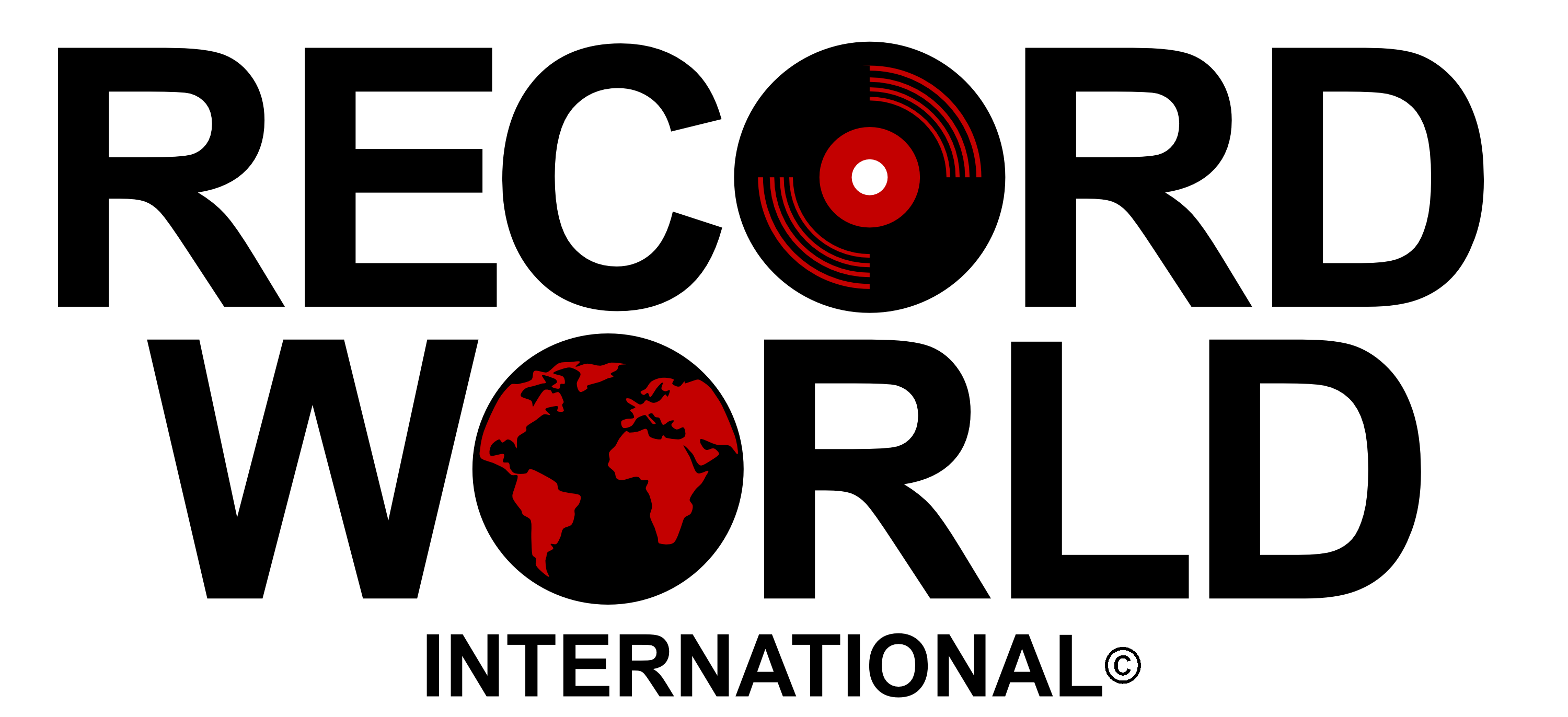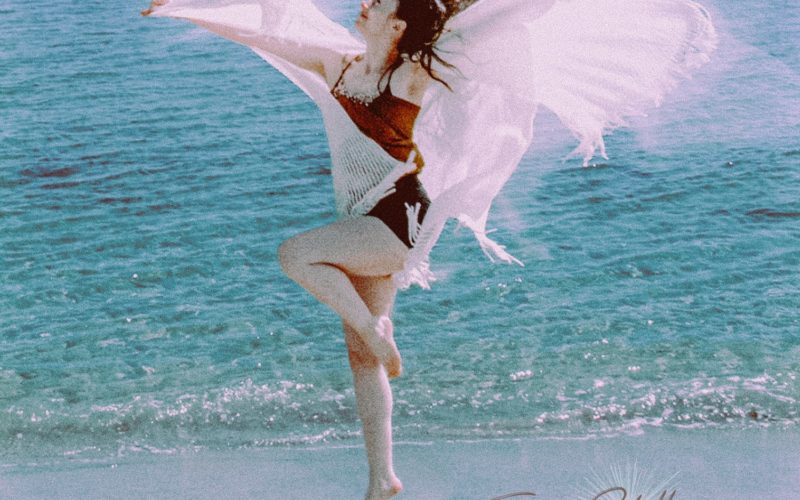Meghaan LeBlanc lights up the misty shore with a new roots-infused chamber pop project as Faun Stella and its first single, ‘The Isle & The Sea’. Check it out on YouTube here: https://www.youtube.com/watch?v=ZQgA91K6q7k&feature=youtu.be
Canadian through and through, LeBlanc hails from Nova Scotia where she is embedded in the music scene as a singer, songwriter, and storyteller whose style is a blend of Celtic folk and roots-rock music. Her stage-sharing credits, under the alt-rock alter ego Meghan Morrison, include plenty of notable Canadian artists such as Jim Cuddy (Blue Rodeo), Raine Maida (Our Lady Peace), and Chantal Kreviazuk (Moon vs Sun).
‘The Isle & The Sea’ is a soothing mix of LeBlanc’s ethereal vocals layered like waves across a summer-vibing beat and funky bass groove. The track was written and produced with Adam Faux, a doctoral student at York University, who played a pivotal role in creating the landscape of sound and movement that is present throughout the music.
It begins with a bell-like tonal guitar sequence before cracking open with its signature bass line. Almost immediately, LeBlanc’s ethereal vocals start weaving gently through a groovy background of sweet-clean guitars, popping bass, and bouncing drums. Like a cloud floating through a mountain range, LeBlanc’s vocals effortlessly navigate around the instruments with overlays of harmonies that appear and disappear, creating a full soundscape of angelic vocals right across the track.
The track was recorded at Faux’s home studio in Toronto (Lucy’s Studio – in memory of his fondest feline friend) with LeBlanc on vocal duties, Faux on bass, electric guitar, and programming, and Brent Welbourn adding additional guitars into the mix.
Listen on Spotify here: https://open.spotify.com/track/764uOgtDKwy5YFVSYxxGkl?si=bfc2f6f5d8904216&nd=1
It’s simple lyrics give away more meaning than might be caught at first listen, with LeBlanc citing an identity crisis (through a surprising family history search) as the main inspiration for the track. But she maintains that the spirit of the song applies to any aspect of identity where polarity is in question.
“Who do you want me to be?
Some wild child on an isle in the sea?
Who do you want me to be?
Some wild child on an isle in the sea?”
LeBlanc explains, “What did it mean for my identity? I wasn’t raised in the culture and traditions, so I didn’t want to be disrespectful by claiming to be of this ethnicity. Was my DNA even ‘indigenous enough’ to count? Who decides how much ‘counts’? And who decides who has the decision rights over identity, to begin with? Where do I fit in? All kinds of questions like this started spinning through my head while trying to make sense of my new family history.”
“Adam was able to empathize because he is from a multi-ethnic family and is faced with conflicts of this nature almost every day. So we just dove into it, head on.”
Adam adds on the songwriting process, “We are all born composers of sound, movement, and artifact. We intuitively communicate our physical, psychological, and most essential needs and desires through our bodies and voice.”

